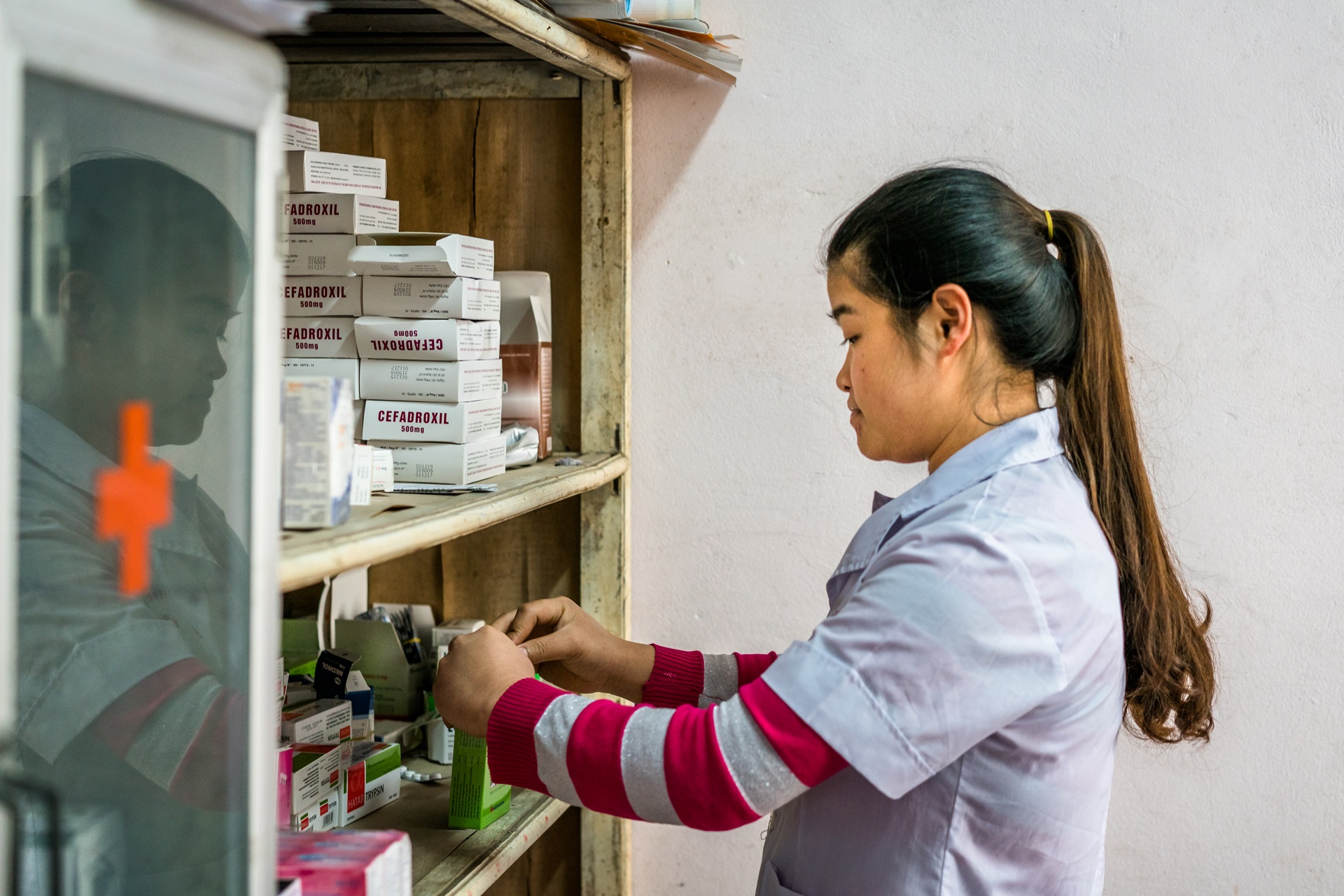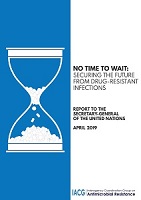Fostering international cooperation on antimicrobial resistance
Antimicrobial resistance (AMR) presents the global community with a significant challenge, in terms of depth, breadth and complexity. As the threat posed by resistant genes and drug-resistant infections continues to grow, so do calls for strengthened and formal global governance mechanisms to coordinate the response to AMR.
The multifaceted, multi-sector and multi-stakeholder nature of the AMR challenge means any approach used to address AMR on the global stage must be carefully considered.



